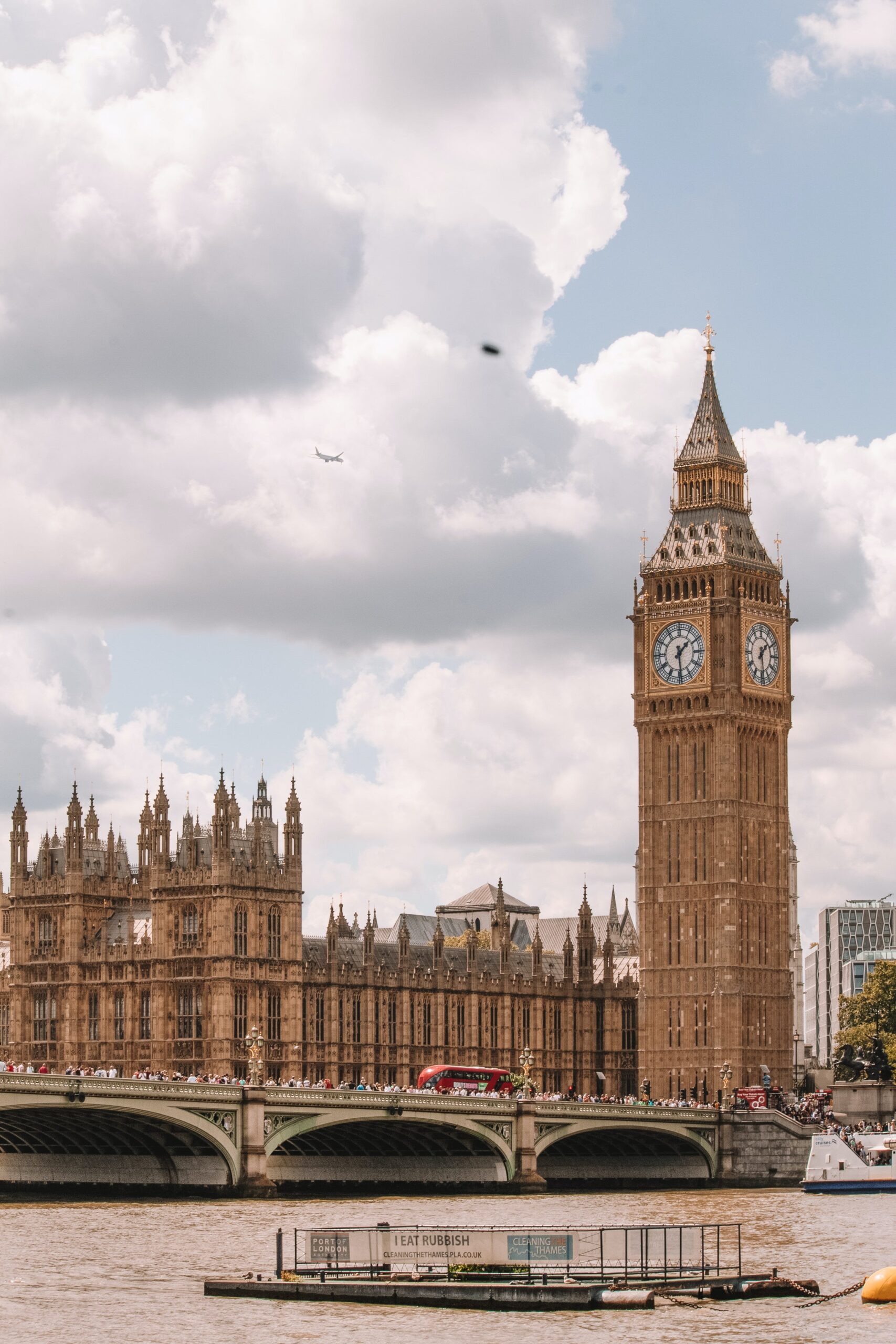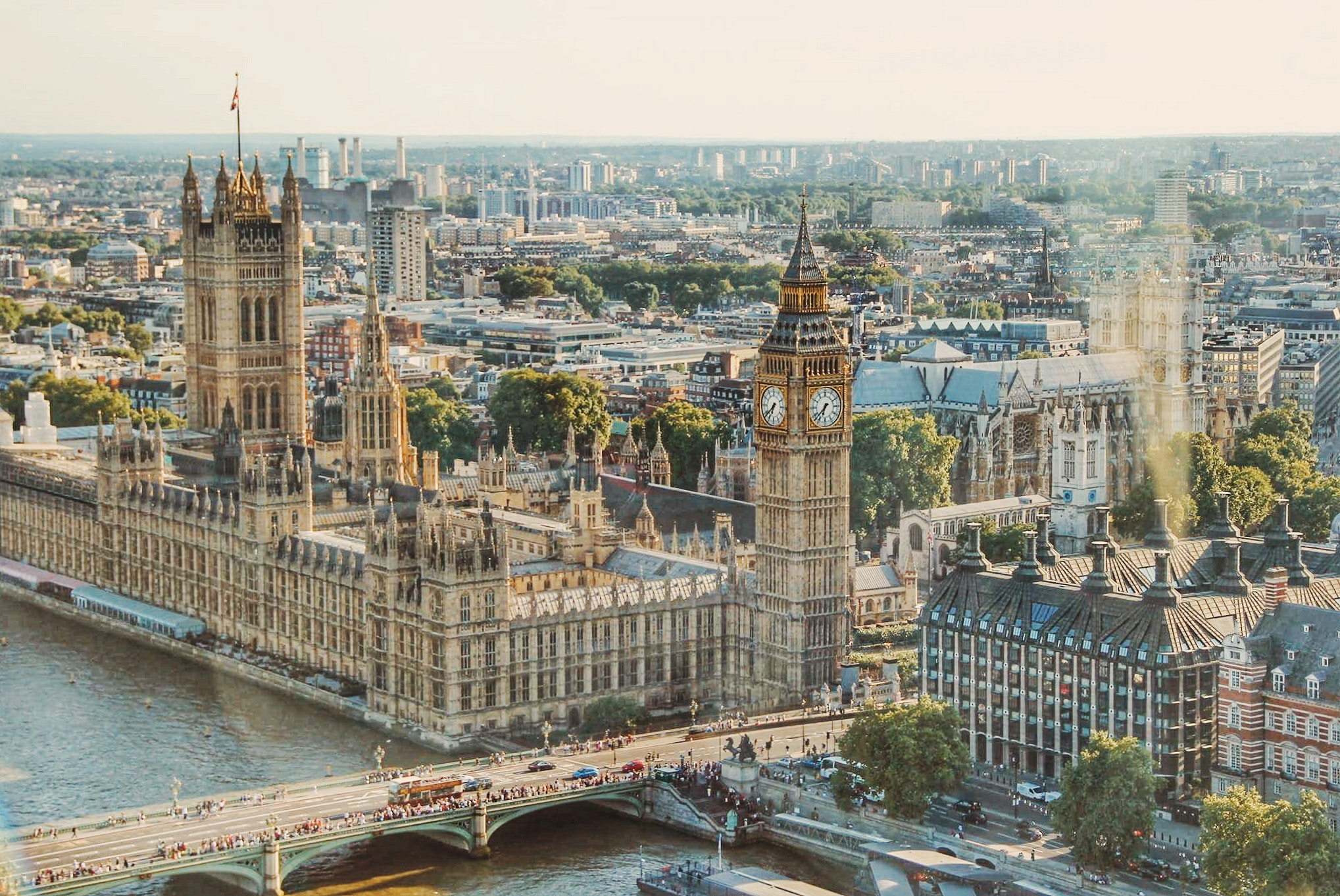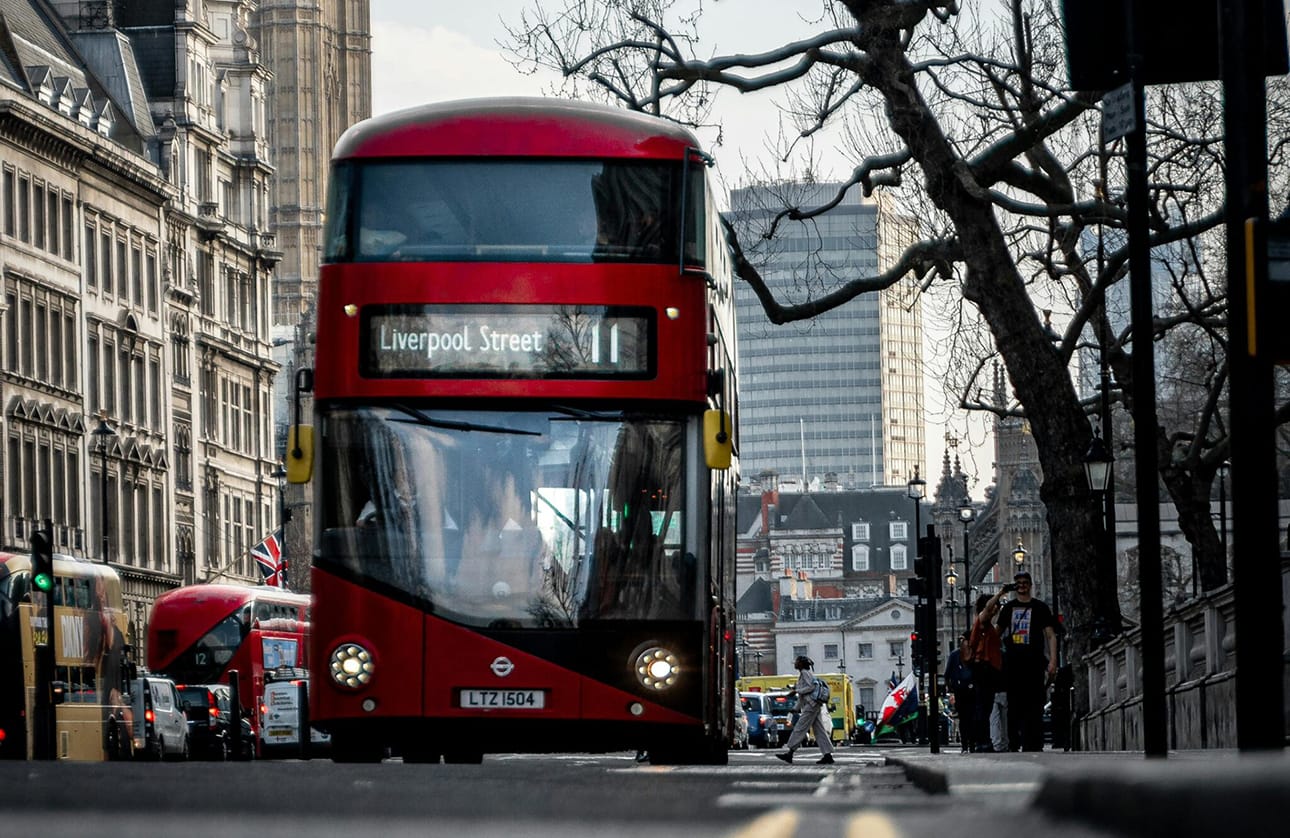According to Jeremy Hunt in the latest budget, spring 2024, , the British economy has successfully navigated through the challenges of the financial crisis, the pandemic, and the energy crisis resulting from the war in Europe. While acknowledging the persistently high interest rates due to inflation, he also notes that measures have been taken to provide both cost of living support and permanent tax cuts for families. This is seen as a budget aimed at promoting sustainable long-term growth.
We’ve created a summary of the main points for you:
Insurance at the national level
According to Hunt, the national insurance contribution rate is set to decrease from 10% to 8% of pay starting in April. In addition to the autumn statement in November, which decreased the rate from 12% to 10%, there is also a new 2p reduction on top of that.
Based on calculations, reducing national insurance by 2p would result in an approximate annual benefit of £450 for an individual with a full-time salary of £35,000.
According to Hunt, the economy is predicted to experience a growth of 0.8% in the current year and 1.9% in 2025. This is slightly higher than the growth rates of 0.7% and 1.4% projected by the Office for Budget Responsibility during the autumn statement in November.
The projected growth is expected to reach 2% in 2026, followed by a slight decrease to 1.8% in 2027 and 1.7% in 2028.
Rising Prices
According to Hunt, inflation is projected to decrease below the government’s desired 2% level in a matter of months, as compared to the 4% recorded in January. He also notes that this drop is occurring almost a full year ahead of the forecast outlined in the autumn statement.
The ultimate goal of the Bank of England is to maintain a 2% inflation rate that is both “low and stable” in the long run.
The percentage has significantly decreased from its highest point of 11.1% in October 2022, due to a decrease in food and energy prices.
Savings
The Chancellor also announced a new “British Isa”, giving investors a £5,000 extra tax-free allowance to “encourage more people to invest in UK assets”. Additionally, a new British Savings Bond will be launched in April, delivered by the state-owned National Savings and Investments. It will offer a guaranteed rate, fixed for three years.
Services for the public
The chancellor has maintained a rise of 1% in everyday government expenses above the rate of inflation, despite previous rumours of a potential reduction to only 0.75%.
According to Hunt, military expenditure is also expected to increase to 2.5% of GDP when the current economic conditions permit. Currently, it stands at 2% of GDP.

National Health Service
It was also revealed that a noteworthy strategy for increasing productivity in the public sector will be released. This plan involves implementing AI to reduce the burden of form filling for physicians, digitising hospital procedures, and enhancing the functionality of the NHS app. Hunt emphasises the importance of having a more efficient government instead of a larger one.
In an effort to set an example for all of our public services, Jeremy Hunt states that he hopes the revolutionary deal made with the NHS will serve as a model. He also mentions that in the upcoming spending review, the Treasury will give preference to funding requests from various departments that demonstrate potential for long-term cost savings for the government. This includes services such as education, law enforcement, courts, and other government agencies.
Benefits for Children
The decision has been made by the Chancellor to initiate a review on the regulations for child benefit, with the aim of implementing it based on the combined household earnings instead of individual earnings starting from April 2026. He also mentions that the limit for imposing a higher income tax on the benefit will be increased from £50,000 to £60,000, and the upper limit for gradually reducing the benefit will be raised from £60,000 to £80,000, which is currently set at £60,000.
Childcare Services
According to Jeremy Hunt, the rates given to nurseries in order to cover the cost of free childcare for parents with children over nine months old will remain in place for the next two years. These payments have decreased in value for nurseries due to the increasing inflation, resulting in a reduction of their budgets. Hunt explains that this decision will enable an additional 60,000 parents to join the workforce within the following four years.
The following is an example of a paraphrased text:
Tax Exemption for Non-Domiciled Individuals
The chancellor has announced that the non-dom tax status will no longer exist and will be replaced with a more contemporary, uncomplicated, and equitable system starting in April 2025. This status is currently granted to individuals who reside in the UK but have connections to other countries, typically based on their father’s place of birth. This privilege allows them to only pay UK taxes on income earned within the country, rather than their entire global income. However, after a period of four years, individuals moving to the UK will be subject to the same tax laws as other UK residents.
Tax on Property
According to Jeremy Hunt, the government plans to lower the current 28% property capital gains tax rate to 24%.
The speaker also declares the elimination of stamp duty relief for individuals purchasing multiple properties.
According to Hunt, there are plans to eliminate the furnished holiday lets regime. This program offers tax benefits for properties that are rented out to vacationers, making it more lucrative compared to renting out to long-term tenants. This decision is projected to generate £300m annually for the Treasury.
Tax on Vaping:
In line with expectations, Hunt announces the implementation of a “vaping products levy” which will be imposed on manufacturers for the liquid used in vapes upon import. This measure is set to take effect in October 2026.
In an effort to dissuade children from purchasing the items, the decision has been made to implement a change. It is estimated that this change will generate £500m by 2028/29. Furthermore, a single, temporary rise in tobacco duty has been declared.

Duty on Alcohol and Fuel
Hunt has announced that the government will be delaying the planned 3% increase in alcohol duty from August until February 2025. This decision will provide relief to 38,000 pubs throughout the UK, as Hunt believes that the government is showing their support for the beloved British pub industry.
According to Hunt, he plans to maintain the current level of fuel duty for another year, as anticipated. Although the levy is supposed to increase with inflation, it has remained unchanged since 2011.
The extension of a 5p reduction in fuel duty, initially implemented in 2022 and set to expire this month, has been announced.
Taxing Windfall Profits in the Energy Industry
The taxation period for the profits of North Sea oil and gas companies has been prolonged by Hunt for another year, with an estimated increase in revenue of £1.5bn. This decision was made in May 2022 following the significant rise in gas prices caused by Russia’s invasion of Ukraine, resulting in higher profits for producers. Originally set to end in March 2028, the tax will now continue until 2029.
In an official statement, the chancellor has announced that the government has allotted a budget of £160m for the development of two nuclear sites. The initial location, which is the Wylfa plant situated in the island of Anglesey or Ynys Mon, is currently under the ownership of Hitachi, a Japanese company. The government’s aim is to secure a potential partner to collaborate on the construction of a nuclear power station in this area. Additionally, the agreement also includes the Oldbury site in South Gloucestershire.
The amount of £120m has been set aside by him to support the growth of green industries and their development of technologies such as offshore windfarms and carbon capture and storage projects.
Artistic Expression
A total of £26.4m has been allocated by the government for the enhancement of the National Theatre’s stages. Additionally a new tax credit will be given to independent films with a budget under £15m. Until 2034, the Treasury will offer a 40% reduction on the gross business rates of qualifying film studios in England.
Additional actions
- In order to aid families facing financial difficulties due to the high cost of living, the government has extended the household support fund for an additional six months, starting from 2021.
- According to Jeremy Hunt, he intends to implement a policy that would allow businesses to fully expense leased assets. This would enable businesses to deduct the cost of investing in items like new factory machinery and IT equipment from their taxes.
- The Chancellor added that the value-added tax registration threshold will be raised from £85,000 to £90,000 at the beginning of April, with the stated goal of assisting “thousands of businesses.”
- According to Hunt, the government intends to sell a portion of shares in NatWest bank in the upcoming summer. The bank received a bailout of £45.5bn during the financial crisis to prevent the collapse of the UK’s financial system. The remaining one-third share owned by the state is currently valued at approximately £7bn. Hunt’s goal is to provide opportunities for retail investors to participate in the public markets.
If you’re wondering how any of these changes affects you or your business, reach out to us today at FiguresUK and let us guide you through.
